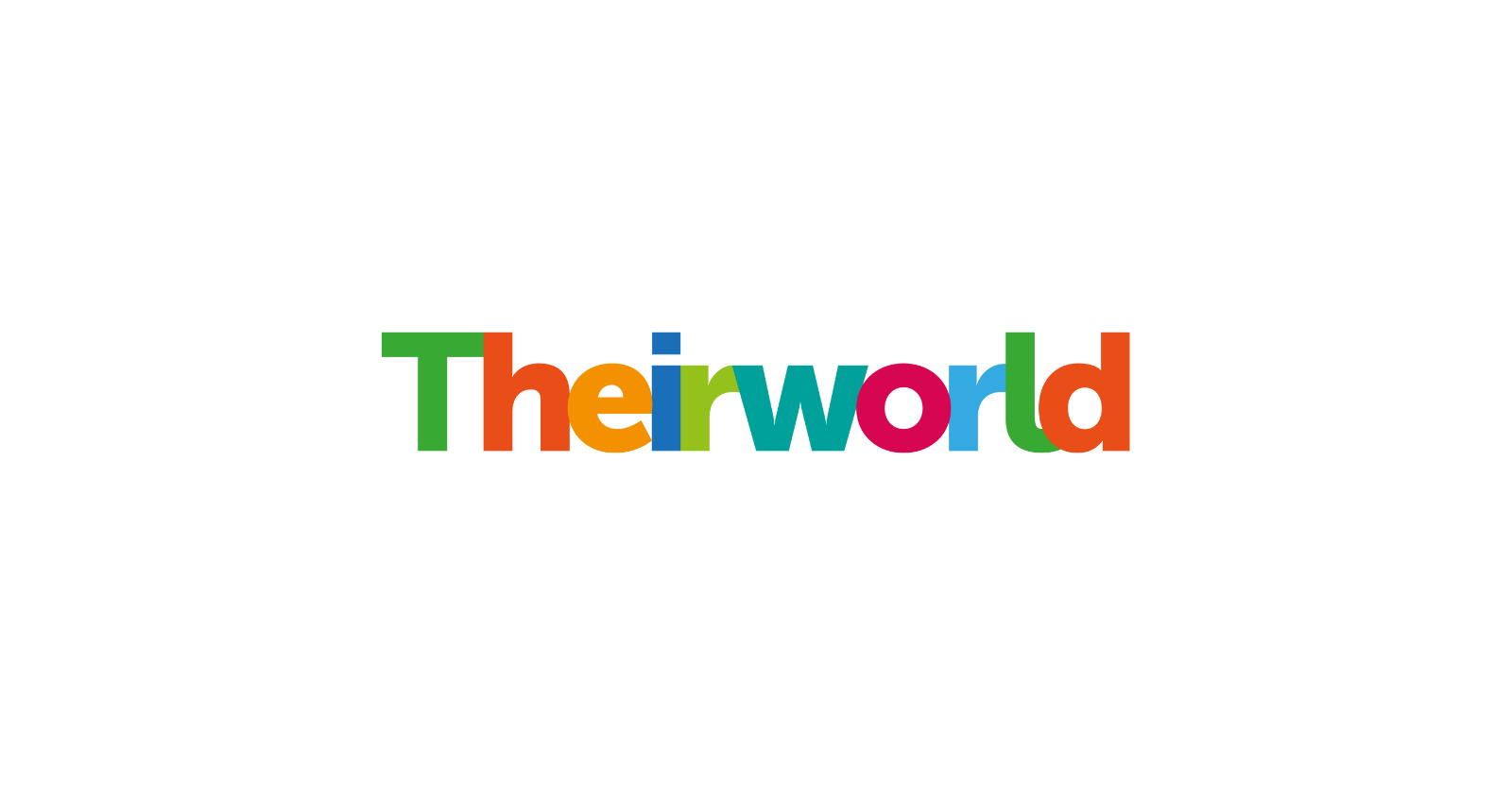
“Inclusive education is the pathway to an inclusive and progressive society”
Children with disabilities, Early childhood development, Global Youth Ambassadors, Right to education
After the first Global Disability Summit, youth leaders tell why equal access to quality early years care and schooling is crucial.
As the first Global Disability Summit was held in London this week, Theirworld published a new policy brief highlighting the challenges children with disabilities face from their earliest years of education.
It emphasised the importance of inclusive education for children with disabilities from preschool and beyond.

We asked our Global Youth Ambassadors – a worldwide network of more than 900 young education campaigners – to share their thoughts on the importance of inclusive education for children with disabilities.
Nandini Kochar (Botswana)
I recently interacted with a parent whose son has developmental delays. She shared with me that she had to remove him from primary school and begin home-schooling him.
This decision was taken not because he was unable to cope at school but rather because the school had failed to provide an inclusive and supportive environment for children of different abilities.
Now her son follows the same academic syllabus and is, in fact, excelling. Concurrently, however, his social anxiety has further accelerated as a result of the systematic isolation he had experienced from his peers and teachers previously.
Now imagine if the school had been more supportive of her son’s condition. He would not only be excelling academically but would have also integrated and found his place in society as an equal and capable individual.
As we know, on average, 90% of a child’s brain develops before the age of five. What we now need to also recognise is that early childhood development is equally, if not more, paramount for children with disabilities – because early intervention can assist in the identification and treatment of a child’s developmental delay and/or physical limitation.
The earlier a child is diagnosed, the quicker and more effectively can their disability be addressed from an educational stance.
The denial or exclusion of a child with disability from the most crucial stage of their educational development is the gravest flaw in education policy today.
After all, inclusive early childhood education is the pathway to an inclusive and progressive society. Don’t believe me? Let’s give it a try.
Mark Mathew Operiano (Philippines)
Inclusive education gave me a bigger lens to look at the complexities of the world.
As someone who is a product of inclusive education, this kind of education allowed me to improve my self-esteem and maximise my potential as a person with disability.
I look at inclusive education as a kind of system that enables non-disabled people to have a better understanding of what people with disabilities can and cannot do. In this way, the diverse environment is complimentary.
I hope that the world and state leaders and actors could develop innovative public policies that would bring every child with disability into schools.
Mohammad Yaaseen Edoo (Mauritius)
Education has allowed me to develop my personality and become a disability activist.
I was lucky enough that my college and university were inclusive and I was able to receive the right amount of attention from all the teachers and lecturers I have worked with.
Inclusive education has made me realise I am not different to my classmates without disabilities. World leaders must invest in inclusive education to ensure every child with disabilities receive quality education
More news

African youth rise up to demand early years spending target is met
